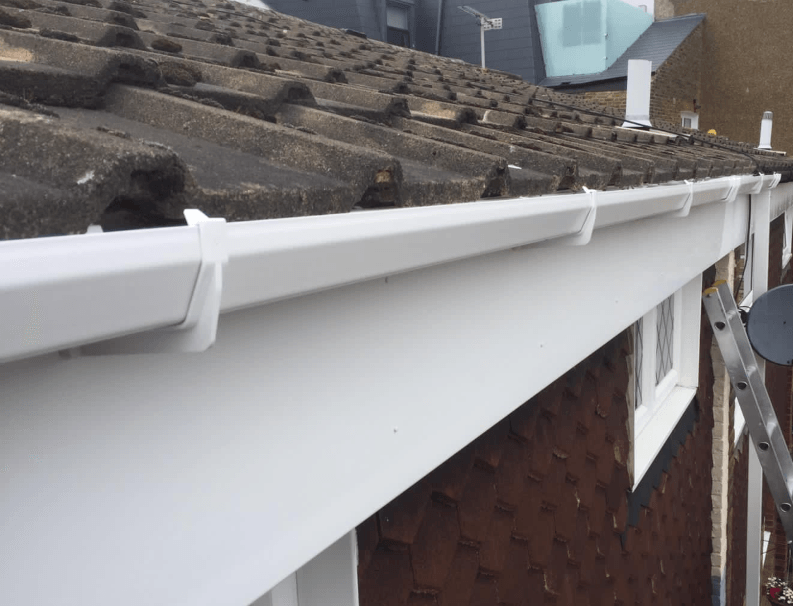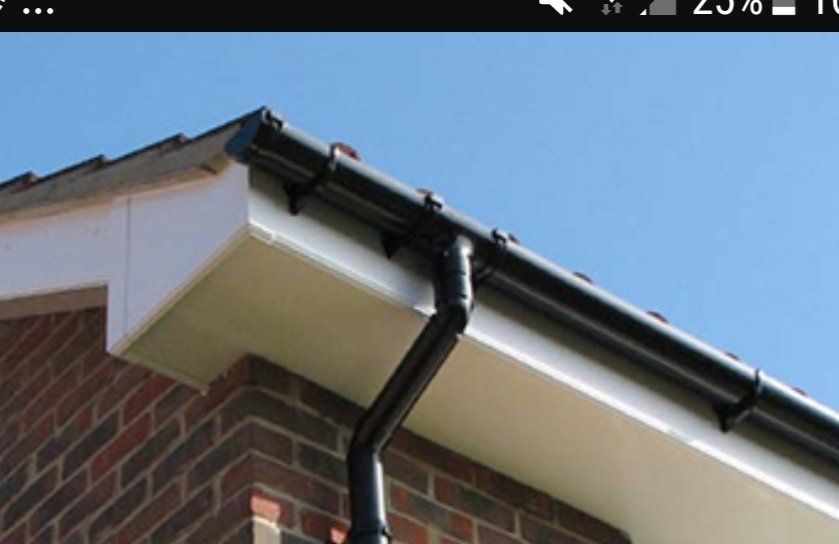Which Roof Tiles are Best?
Which Roof Tiles are Best?
The amount of roof tiles on offer today, can make it quite daunting for property owners to choose which roof tiles are best. Each type of roof tile is unique and has its own benefits for instance durability, longevity, aesthetics etc. Weighing up the pros and cons of each tile type is a good strategy before choosing which is the most suitable for your property. It is also a good idea to contact a professional roofing company for expert advice.
There are several factors to consider when deciding which roof tiles to install:
The Design and Structure of your Roof
The design and pitch of your roof will have a bearing on the most suitable tiles to install. For instance if your roof is low pitched then certain tiles will not be advisable.
Aesthetics
When you are deciding on which roof tiles to install, consider the final finish it will provide your property and whether it will increase kerb appeal. For example, if you live in a period or “traditional” style property then contemporary roof tiles could look out of place. In addition, when choosing the colour of the tiles, pick a shade that compliments your brickwork and property features.
Planning Restrictions in your Area
In some instances, there may be restrictions by your local authority, which could limit your choice of roof tiles. For example, your tiles may need to compliment the appearance of the neighbourhood or have certain environmental properties.
Budget
Drawing up your project budget is a great way to narrow your choice of suitable roof tiles. Your price-range will have a factor on the tiles that will be available. When compiling your budget also take into account transportation, installation and maintenance costs.
Roof Tiles that are the most Durable
Roof tiles are vulnerable and open to the outside elements. With some climates harsher than other. Therefore, it is important you choose tiles that will have longevity and protect the underlying structure of your roof.
Traditional clay tiles are known for their strength and resilience The properties of clay mean they can endure heavy rain and hail, strong winds, extremes of temperature and even fires. Clay tiles can last hundreds of years.
Natural slate tiles are another common choice because of their durability and resilience to exterior elements. Natural slate can hold up to extreme conditions such as strong winds, hot temperatures and snow and hail. Its natural features also make it fireproof.
Roof tiles manufactured from metal are also tough and sturdy. They are constructed to withstand harsh conditions such as rot, mould, fire etc. Metal tiles also possess a lightweight structure.
The most Cost-Effective Roof Tiles
When analysing the cost-effectiveness of roof tiles you need to take into account the purchase price, transportation, installation and maintenance costs. When looking at the basic upfront affordability, concrete tiles are cost effective, around 50 pence per tile. Concrete tiles are also thermally efficient which will help you save money on energy bills.
Fibre cement tiles are manufactured as a low cost alternative to natural slate. This type of tile is lightweight yet tough. In addition fibre cement tiles are easily transported, installed and maintained, keeping extra costs to a minimum.
Metal tiles are a common choice for commercial and domestic properties. Metal roof tiles have been manufactured so they are easy to install and have a reduced purchase and installation price.
The most Environmentally Roof Tiles
With property owners becoming more conscious on sustainability and taking care of the environment, choosing a roof tile that has minimal environmental impact is a top priority.
Lightweight roof tiles give property owners an environmentally friendly option. The manufacturing process is more eco-friendly, most can also be completely recycled at the end of their lifespan. In addition synthetic slate tiles are also fully recyclable at the end of the timespan which minimises their environmental impact.
Roof Tiles for Increasing Energy Efficiency
A property that is energy efficient reduces running costs and is also better for the environment. Certain types of roof tiles help increase the energy efficiency of your property. An energy-efficient roofing material is metal. Roof tiles manufactured from metal reflect the sunlight, helping to keep your roof and property cool during the spring and summer months.
Concrete roof tiles are thermally efficient, helping to keep your property warm by trapping heat beneath the roof structure. This will help keep your energy bills down during the cooler months.
Energy efficient asphalt shingles are increasing in availability. These are created with specialist granules to minimise the absorption of heat. This type of roofing material also encourage improved air circulation.
Tiles for low pitched roofs
Roofs are classed as “low pitch” if they have a fall of 20 degree or less. The roof pitch has a bearing of the materials you can use.
Low pitch roof tiles have been designed and created for installation on pitches that are as low as 10 degrees. Low pitch roof tiles are available in a number of styles and are manufactured using lightweight and durable materials like metal and plastic.
A popular roofing material on low-pitched roofs are interlocking clay and concrete tiles. These are easily installed and are resilient. These can be fitted on pitches as low as 15 degrees.
For expert advice on roof tiles and your free competitive quote, please
contact Roofers Nottingham today.
You might also like



